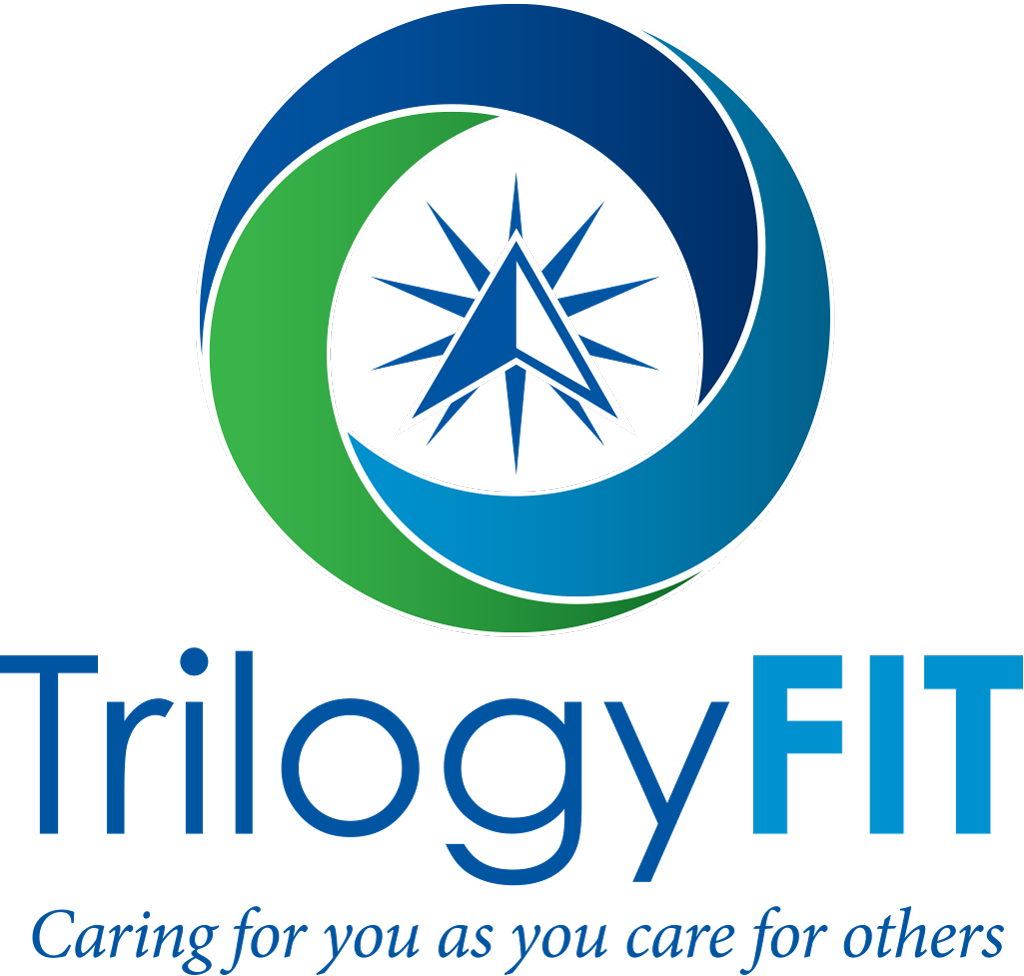There are two different types of cholesterol. HDL cholesterol is “good” cholesterol and helps support your body’s functions while not raising your risk of cardiovascular disease. LDL, or “bad” cholesterol, raises your risk of cardiovascular disease. When you get your cholesterol measured through a blood sample, they will also measure total cholesterol.
What should your cholesterol measurements be? You want your total cholesterol to be under 200mg/dL, HDL should be 60mg/dL or higher and your LDL should be less than 100.
Saturated fats, like those in coconut oil, red meats, and dairy, can raise your LDL and lower your HDL in large quantities. Unsaturated fats, especially polyunsaturated fatty acids, do the opposite. They can be found in avocados, nuts, and some oils such as olive oil. Trans fats are never good for you and should be avoided entirely. They have been found to be a major cause of cardiovascular disease and can be found in foods such as processed baked goods.
There are two major causes of high cholesterol: poor diet and sedentary lifestyle, and genetics. If your cholesterol is high, there are some things you can do to lower your risk.
- Get some exercise. Find a fun way to get your steps or take a class at the YMCA!
- Incorporating more unsaturated fats like avocados, lean meats, and olive oil into your diet and lower your saturated fat intake.
- If you have genetically high cholesterol, your doctor may prescribe medication to help.
By making small changes, you can make big changes in your risk of heart disease.





